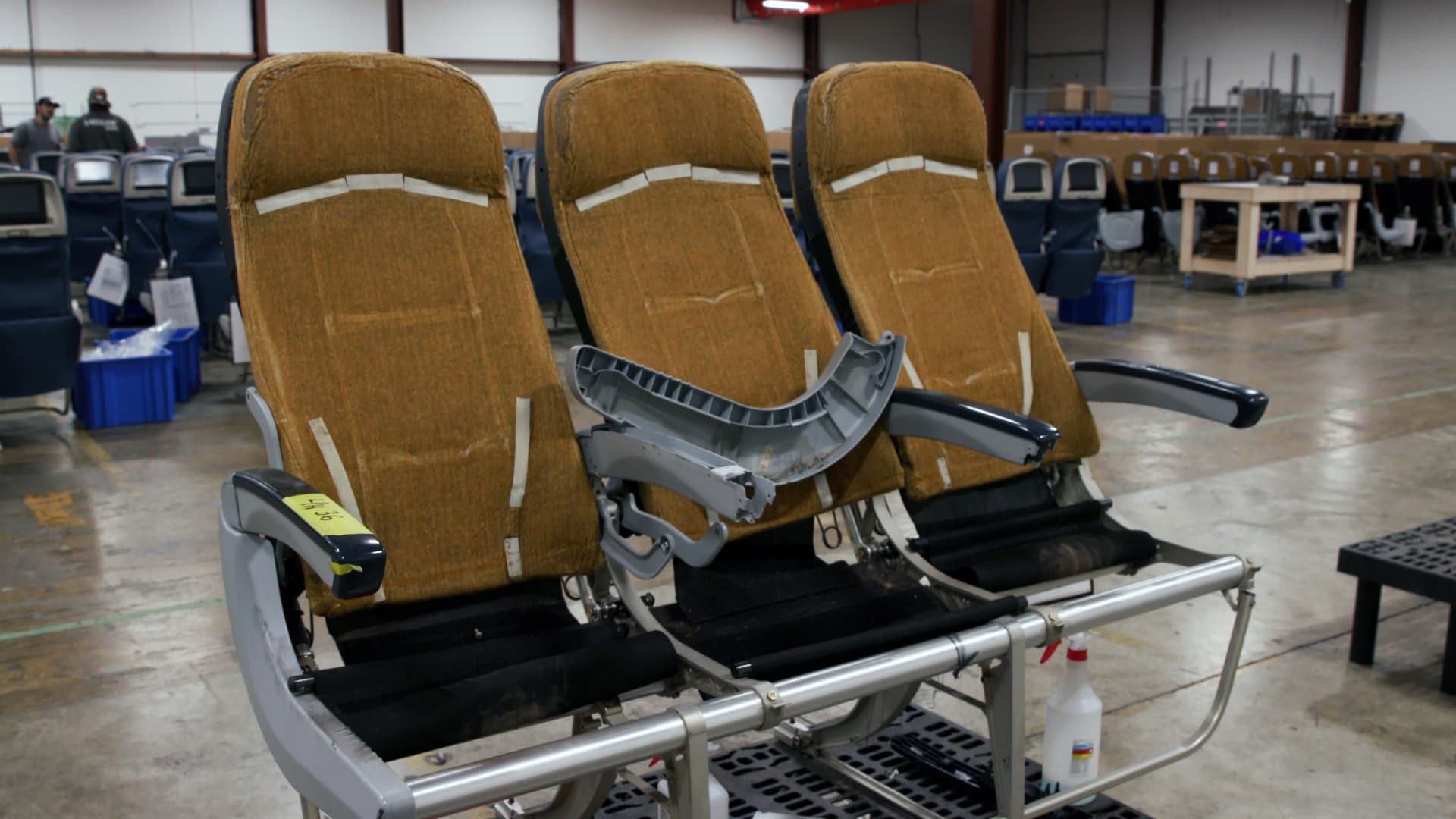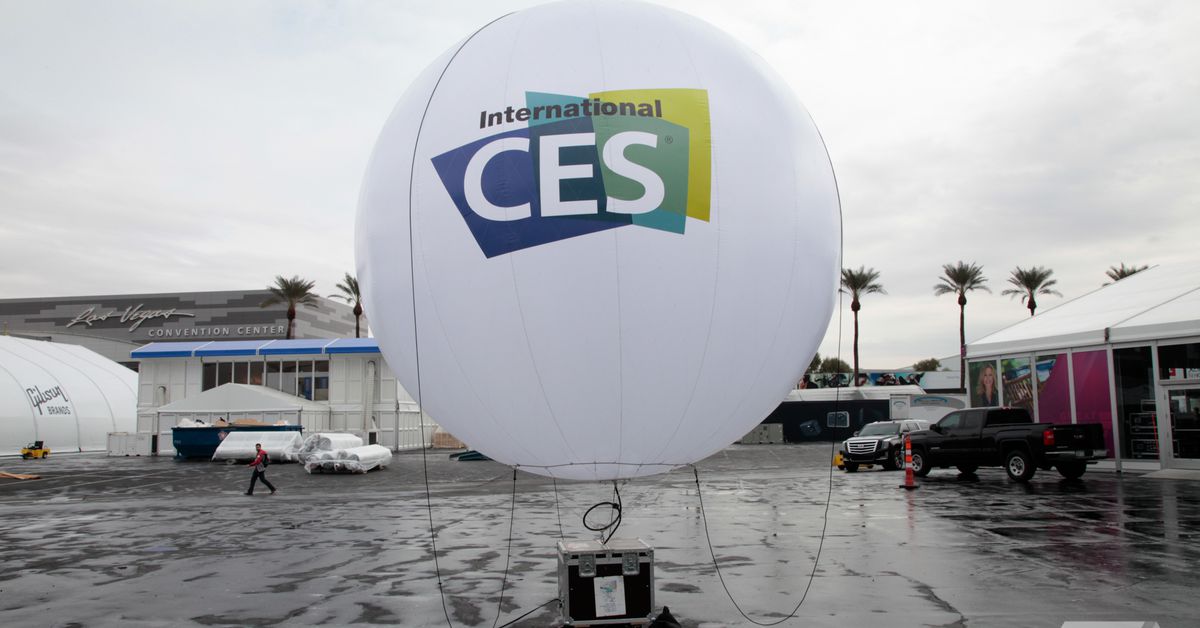How airplane seat refurbishing became a billion-dollar industry
CNBC explores the growing business of aircraft-seat refurbishment.

A commercial plane typically flies multiple times a day, thousands of times a year, for several years before its interior is updated.
The aircraft-interiors market was a $6.5 billion business in 2022, according to AeroDynamic Advisory and Tronos Aviation Consulting. The total seat market was $2.9 billion, with new seats at $933 million, retrofitted seats at $1.39 billion and repairs and other interior items making up the rest of the market. It projects the total interiors market to reach $8 billion by 2027.
Seats are a crucial part of an airline's business. A typical narrow-body jet like a Boeing 737 or Airbus A320 has as many as 180 seats. And replacing them with brand-new seats can be expensive, ranging from about $5,000 in the economy section to $100,000 for first-class suites.
Many airlines chose to refurbish or refresh the seats by stripping down the ones they already have in service or those they've acquired from another airline or leasing company. An airline may choose to refurbish seats versus replacing seats based on a few factors which include age of aircraft, age of the actual seats and cost.
CNBC visited Latitude Aero, a refurbishment company in Greensboro, North Carolina, to see what goes into giving airplane seats a second life. The company specializes in commercial aircraft seating. A small company compared to seat manufacturers like Collins Aerospace and Zodiac Aerospace, Latitude has nonetheless enjoyed some healthy growth recently.

 KickT
KickT 






























